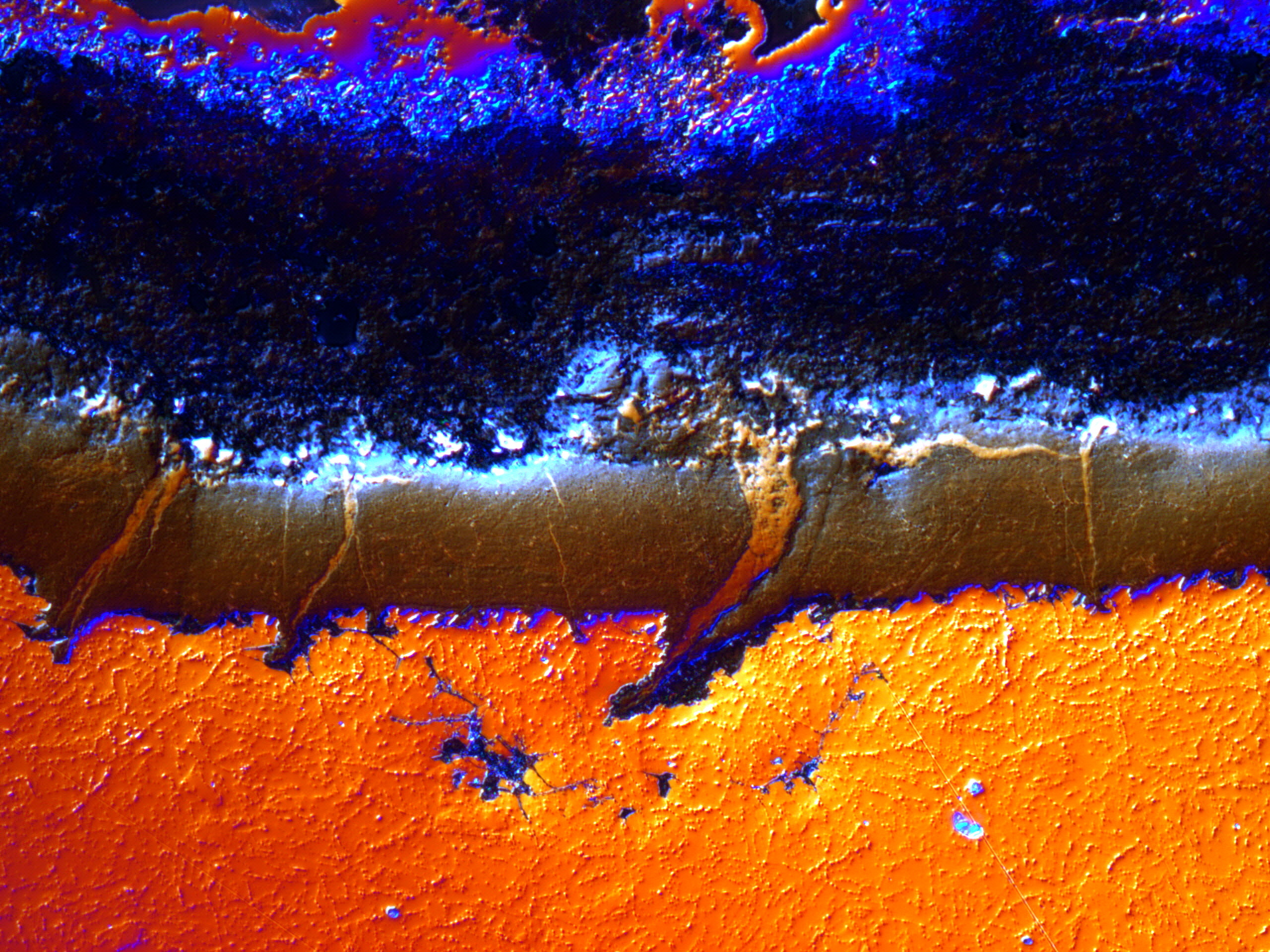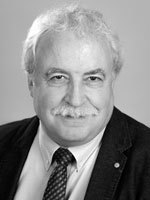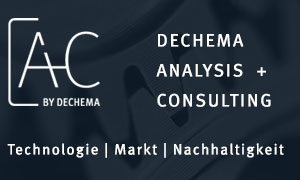Flyer Download
The current motivation to reduce CO2-emmissions has driven the worldwide development of new technologies in energy conversion and transportation. Technologies such as oxy-fuel combustion, waste-incineration and biomass-fired power plants, concentrated solar power (CSP) plants or heat-storage units based on molten salts and ceramic granulate make high demands on materials, calling for new technologies and surface treatment.
The workshop from 26-28 September 2018 will bring together experts and young scientists with research interests in the high temperature corrosion of metallic materials and coatings in existing and emerging applications for greener energy conversion and transportation. The topics for oral and poster presentations may address but are not limited to experimental evaluation of corrosion kinetics, mechanistic understanding and modelling of corrosion processes and related degradation of material microstructures, using advanced analytical techniques for elucidating the complex corrosion phenomena including those induced by deposits and salts. It All those interested in the workshop with or without a contribution are cordially invited to attend. The event continues the very successful series of EFC-workshops organised over the past two decades by Michael Schütze and Willem (Jo) Quadakkers.
As usual the papers presented at the workshop will be peer-reviewed and published in a special issue of Materials and Corrosion.
Technologies such as oxy-fuel combustion for subsequent CO2-capture, using supercritical CO2 as a heat-transfer medium, waste-incineration and biomass-fired power plants, concentrated solar power (CSP) plants and heat-storage units based on molten salts and ceramic granulate, production of hydrogen and synthetic hydrocarbon-based fuels using surplus electricity generated from renewables (Power-to-X concept) promote a more environmentally friendly and sustainable approach and economic growth, they also entail new challenges in the development of high temperature materials.
Highly aggressive, complex atmospheres frequently prevail in the above mentioned applications with several reacting species, including oxygen, hydrogen and/or water vapour, carbon, sulphur and chlorine. In addition, component operation in molten salts or under deposits (ashes or condensates) may lead to accelerated corrosion attack in some of these applications. Simultaneously occurring erosion and corrosion processes are also encountered e.g. in some CSP designs. Finally, both conventional power plants and those based on novel energy conversion concepts have to withstand frequent thermal cyclic loads to compensate for the fluctuation in the generation of electricity from renewables. Reliable operation of the materials in the arduous conditions above requires detailed knowledge of the corrosion mechanisms and reaction kinetics. Comprehensive lifetime models, based on reliable thermodynamic and kinetics data are necessary to predict the degradation of materials and protective coating systems.
All those interested in the workshop with or without a contribution are cordially invited to attend.
Mathias Galetz Dmitry Naumenko
DECHEMA-Forschungsinstitut Forschungszentrum Jülich
Frankfurt am Main Jülich



